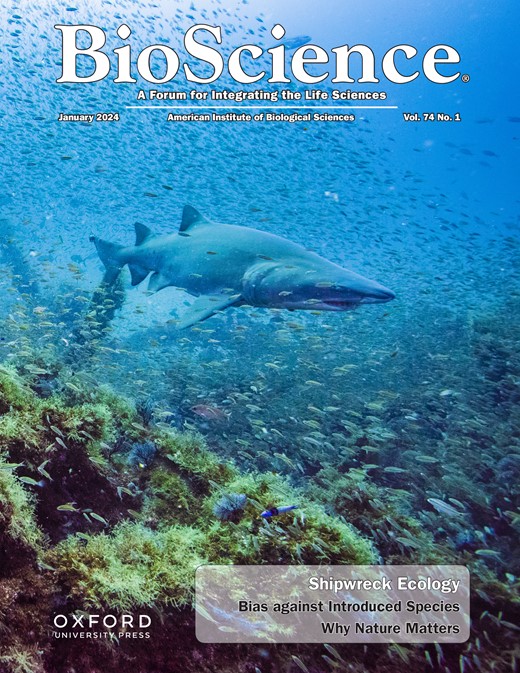Benefits do not balance costs of biological invasions
IF 7.6
1区 生物学
Q1 BIOLOGY
引用次数: 0
Abstract
Biological invasions have profound impacts on biodiversity and ecosystem functioning and services, resulting in substantial economic and health costs estimated in the trillions of dollars. Preventing and managing biological invasions are vital for sustainable development, aligning with the goals of the United Nations Biodiversity Conference. However, some invasive species also offer occasional benefits, leading to divergent perceptions among stakeholders and sectors. Claims that invasion science overlooks positive contributions threaten to hinder proper impact assessment and undermine management. Quantitatively balancing benefits and costs is misleading, because they coexist without offsetting each other. Any benefits also come at a price, affecting communities and regions differently over time. An integrated approach considering both costs and benefits is necessary for understanding and effective management of biological invasions.收益与生物入侵的代价不平衡
生物入侵对生物多样性、生态系统功能和服务有着深远的影响,造成的经济和健康损失估计高达数万亿美元。预防和管理生物入侵对于可持续发展至关重要,这与联合国生物多样性大会的目标是一致的。然而,一些入侵物种偶尔也会带来一些益处,这导致利益相关者和各部门对其看法不一。关于入侵科学忽视了积极贡献的说法有可能阻碍正确的影响评估并破坏管理。从数量上平衡效益和成本是一种误导,因为它们并存而不会相互抵消。任何收益都是有代价的,会随着时间的推移对社区和地区产生不同的影响。要了解生物入侵并对其进行有效管理,就必须采取综合方法,同时考虑成本和效益。
本文章由计算机程序翻译,如有差异,请以英文原文为准。
求助全文
约1分钟内获得全文
求助全文
来源期刊

BioScience
生物-生物学
CiteScore
14.10
自引率
2.00%
发文量
109
审稿时长
3 months
期刊介绍:
BioScience is a monthly journal that has been in publication since 1964. It provides readers with authoritative and current overviews of biological research. The journal is peer-reviewed and heavily cited, making it a reliable source for researchers, educators, and students. In addition to research articles, BioScience also covers topics such as biology education, public policy, history, and the fundamental principles of the biological sciences. This makes the content accessible to a wide range of readers. The journal includes professionally written feature articles that explore the latest advancements in biology. It also features discussions on professional issues, book reviews, news about the American Institute of Biological Sciences (AIBS), and columns on policy (Washington Watch) and education (Eye on Education).
 求助内容:
求助内容: 应助结果提醒方式:
应助结果提醒方式:


